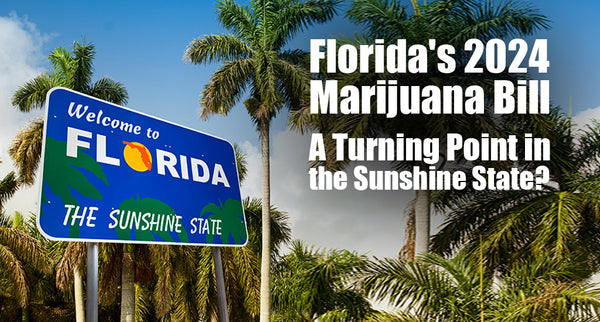
DEA Chief Faces Congressional Inquiry on Biden's Marijuana Descheduling Plans
In a House Judiciary hearing on Capitol Hill, the Administrator of the Drug Enforcement Administration (DEA), Anne Milgram, came under scrutiny from Representatives Matt Gaetz (R-Fla.) and Steve Cohen (D-Tenn.) concerning the DEA's approach to removing marijuana from the list of schedule one drugs.
During the hearing, Milgram informed the committee members that she and the agency had not been provided with a specific timeline to review and reevaluate marijuana's classification. This lack of clarity is linked to President Biden's marijuana reform statement from October 2022, which urged the Department of Health and Human Services (HHS) and the Attorney General to reconsider marijuana's federal scheduling.
According to Milgram, the DEA must receive HHS' review and recommendation before initiating its own evaluation process for deciding marijuana's schedule. However, much to Gaetz's dismay, the DEA has yet to receive any such materials from HHS. Gaetz expressed his concern about this situation, noting that the absence of a timeline raises doubts about the priority given to this matter.
Cohen also echoed Gaetz's stance, creating a rare bipartisan agreement on the issue. He criticized the federal government's handling of marijuana-related discussions, referring to it as "governmental gibberish" and stating that it has been mishandled for a long time.
The DEA's drug scheduling is essential in determining substances' medical uses and their potential for abuse. Currently, marijuana is classified as a schedule one drug, a category reserved for the most dangerous substances, including heroin, LSD, and Ecstasy.
Cohen inquired whether there was any possibility to expedite the process, to which Milgram responded that she is committed to moving things as quickly as possible. In response, Cohen offered his assistance by promising to contact his former colleague, the HHS secretary, to help push the evaluation forward.
Gaetz raised concerns about marijuana's current status, arguing that it contributes to opioid dependencies and accidental fentanyl overdoses. He explained that without medical marijuana options, patients with chronic pain often resort to opioids, leading to a higher risk of addiction.
Fentanyl, known as one of the deadliest drugs, was not classified as a schedule one substance in Biden's marijuana reform statement in 2022. While fentanyl-related substances were placed in schedule one in 2018, fentanyl itself remains in schedule two due to its medical applications.
Gaetz expressed disappointment that marijuana has not been descheduled yet, even after two years into the Biden administration. He emphasized the urgency of the matter, hoping for swift action to address the current classification of marijuana on the schedule one list.
Leave a comment
Comments will be approved before showing up.



